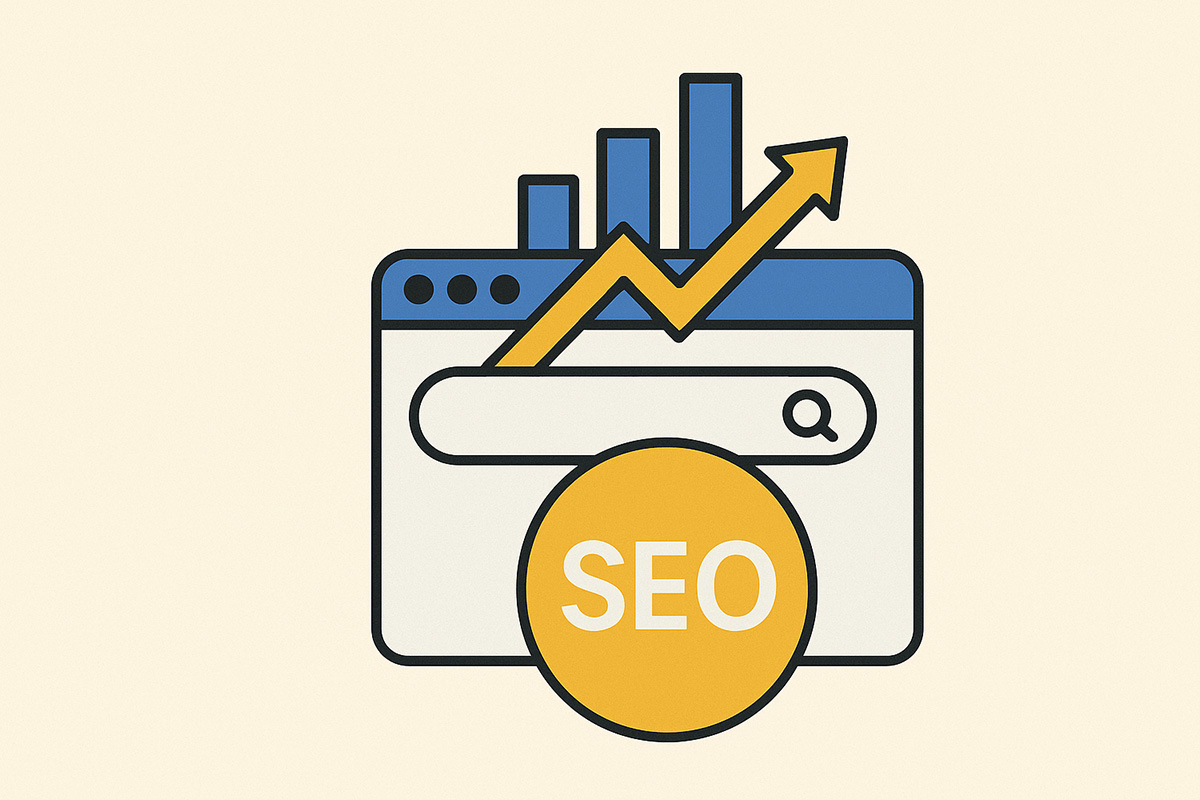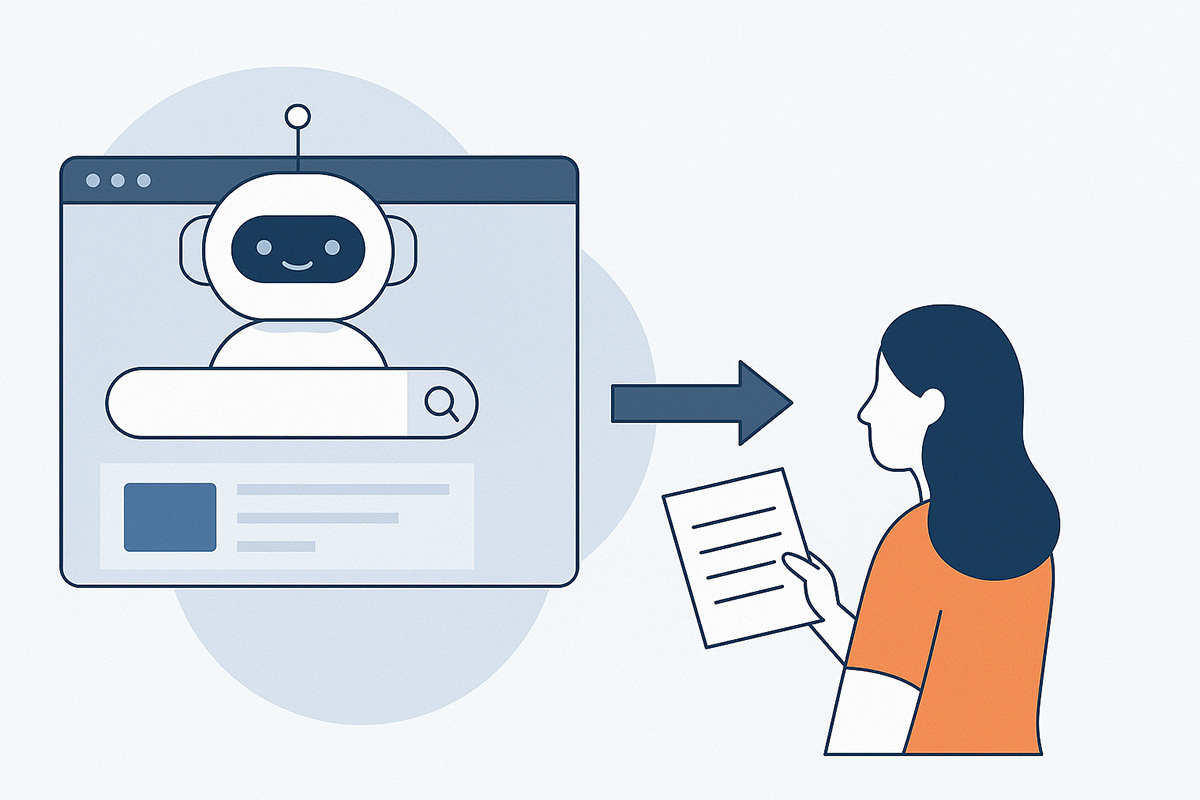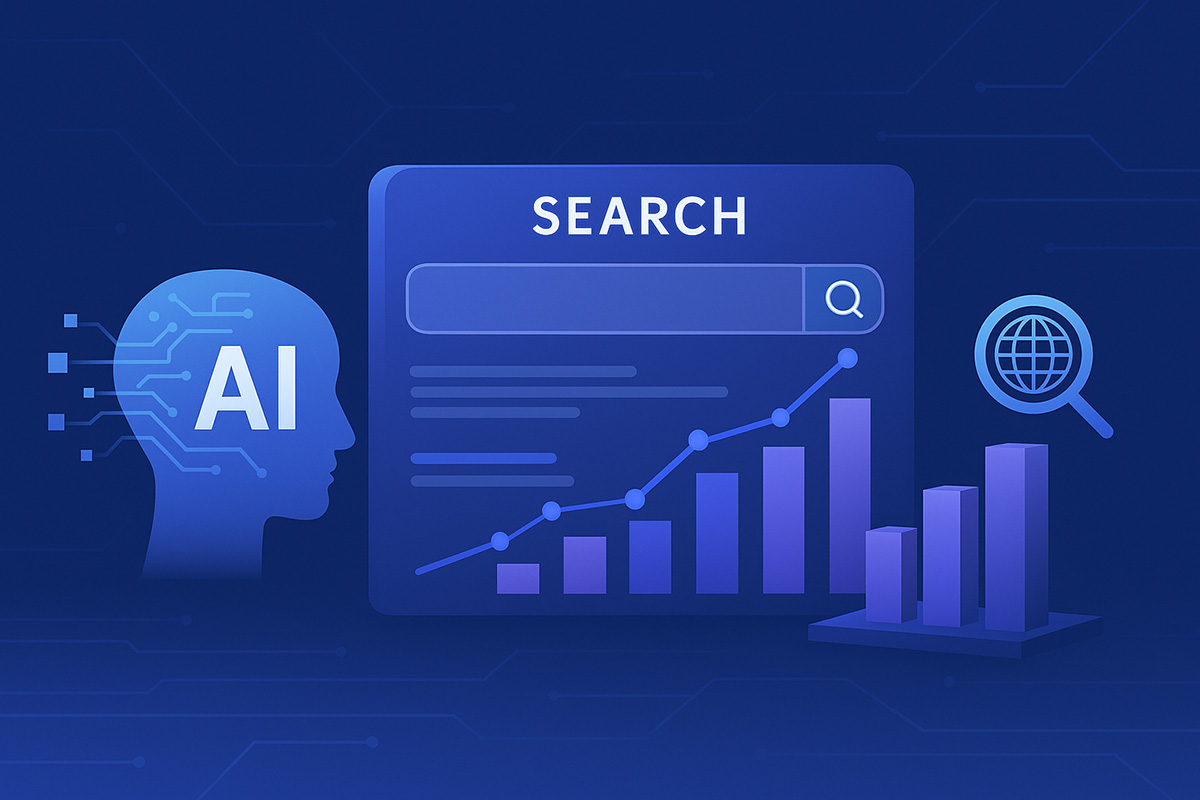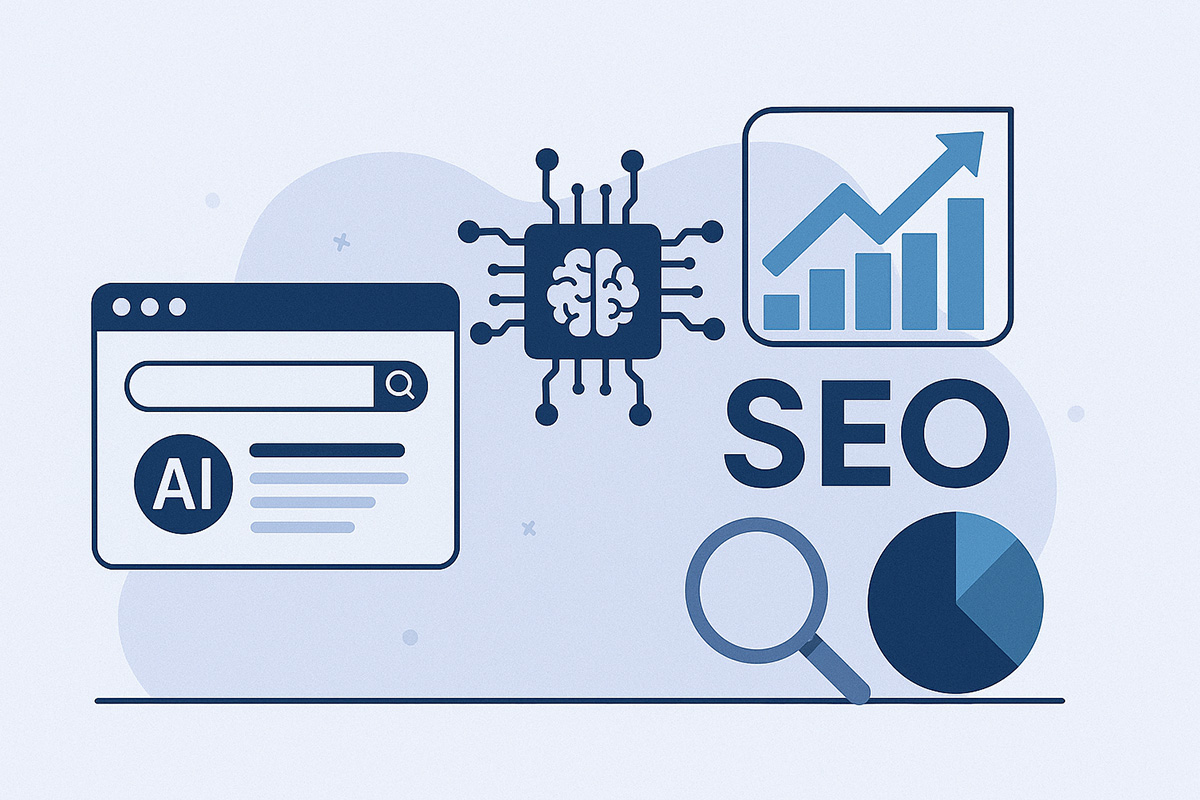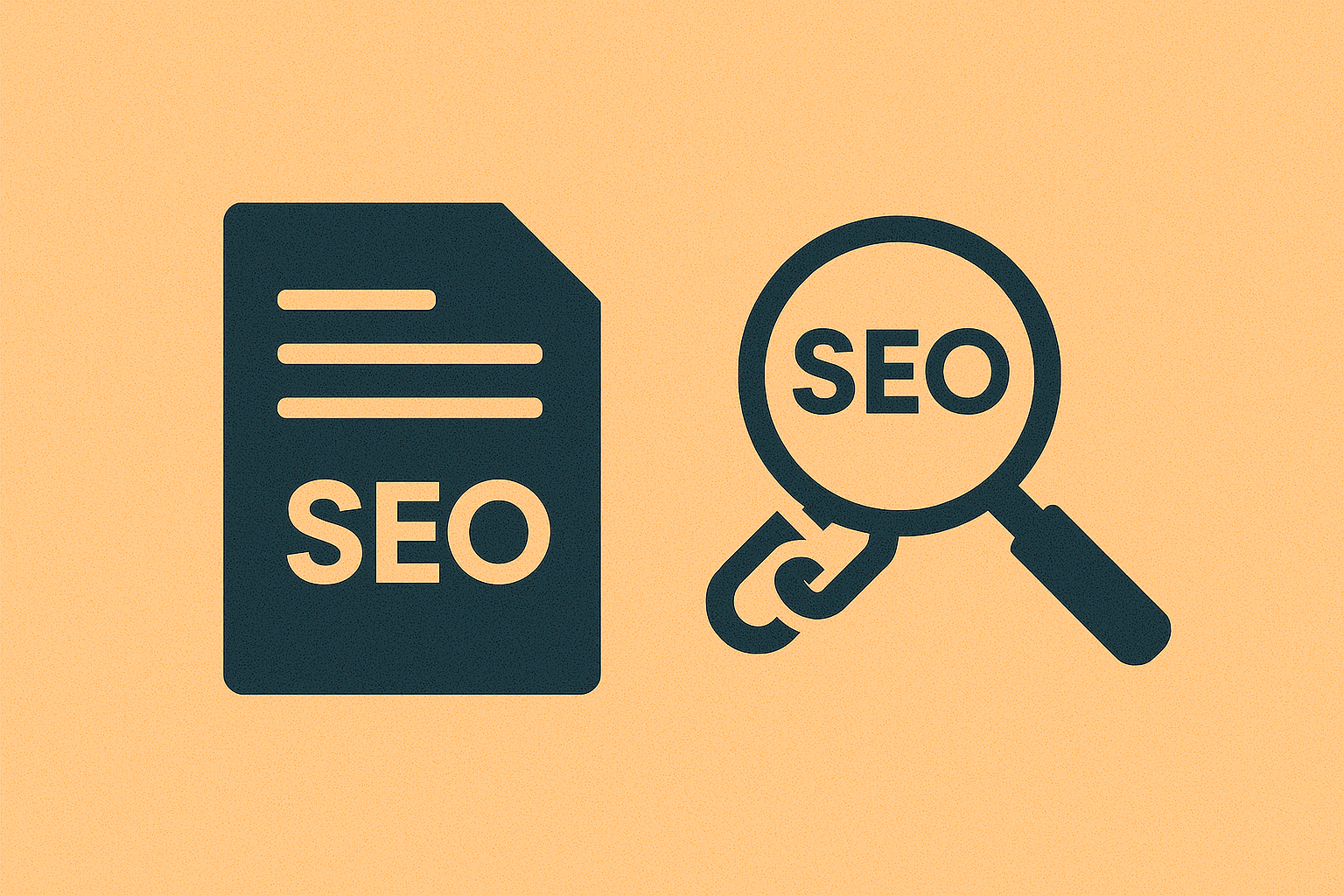Home / Blogs / AI Is Changing Search – Is Your Content Strategy Still Relevant?
AI Is Changing Search – Is Your Content Strategy Still Relevant?
 SEO
SEO
Search isn’t what it used to be. Once upon a time, SEO was about finding the right keyword, placing it in a headline, and watching the clicks roll in. You’d publish a blog, wait a few weeks, and, if you played your cards right, you’d start climbing the ranks.
That version of search is fading fast. Today, users aren't just looking for links. They're looking for answers. Increasingly, they're getting those answers directly from AI systems that bypass your site entirely.
Search engines have evolved. Now they interpret, summarise, and even generate responses, changing the game for every brand trying to stay visible. Google officially launched its AI-powered “AI Mode” and Search Generative Experience (SGE) in March 2025, marking a shift from simple click results to answer-first search experiences.
If your content isn’t readable, understandable, or trustworthy in the eyes of these systems, it’s getting filtered out, no matter how strong your rankings once were. AI is not just an enhancement to search, it’s a redefinition of AI and content strategy across platforms and industries.”
TLDR: This evolution demands a shift toward AI search engine optimization, where visibility depends on structured data, semantic clarity, and machine understanding.
Search Has Grown Up. So Should Your Strateg
We’re living in the age of answer engines.
AI-powered platforms, Google’s SGE, Bing Copilot, Gemini, ChatGPT, aren’t just crawling your content. They’re curating it, breaking it apart, and deciding which bits are worth surfacing as a definitive response.
Let’s be real: this is no longer about first-page rankings. It’s about showing up in the summary box. In the spoken reply. In the AI-generated overview that users trust without clicking through.
The rules have changed. Machines now decide which brand speaks for a topic. That means your content needs to be more than informative. It needs to be formatted, structured, and positioned to be pulled into that final answer.
A well-written article might still rank high in traditional SEO. But if it’s hard to parse or lacks depth, AI won’t touch it.
TLDR: You’re no longer competing for traffic. You’re competing for trust, machine trust.
How Traditional SEO Strategies Are Falling Behind
Outdated SEO Is Quietly Costing You. Here’s the harsh truth: most brands are still doing SEO the old way.
According to Ahrefs, when AI Overviews are present, click?through rates to the #1 ranked page dropped by 34.5%, from ~7.3% to 2.6%, based on an analysis of 300K informational queries.
Minor updates, forced keyword stuffing, backlink swaps, and publishing “just enough” to keep the content calendar full. It feels productive. But it no longer performs.
AI doesn’t fall for filler.
These systems are trained to identify weak arguments, vague summaries, or irrelevant tangents. They notice when a site lacks structure or when content is technically correct but practically useless.
Let’s not forget the real users either. They’re also skimming. They’re asking Siri, Alexa, or Bard. They want straight answers, not fluff.
You might not see the dip right away. But it’s coming. Sites that don’t adapt are seeing shrinking visibility, not because their rankings dropped, but because their relevance did. Brands need to transition from outdated tactics to a content strategy for AI search that prioritizes clarity and relevance.
TLDR: SEO is no longer about checking boxes. It’s about proving value at every level, immediately.
What AI-Friendly Content Looks Like in 2025
Let’s cut to the chase. If you want your content to be pulled into an AI response, here’s what it needs to do:
- Be Specific
Name things clearly. Define your services, products, audiences, and topics with zero ambiguity. A system can’t “guess” what you meant. - Be Skimmable
Structure matters. Use headings, subheadings, lists, FAQs, and summaries. Think less “essay,” more “toolkit.” - Be Structured
Add schema markup. If you’re writing a guide, use HowTo. If you’re building a resource, mark it up as an Article or FAQ page. You’re helping machines understand what kind of content they’re reading. - Be Trustworthy
Don’t bluff. Support your points. Link out to credible sources. Offer real insight. If your content reads like it was written in 30 minutes, it won’t survive the filter.
That last one’s key. AI is cautious. It won’t quote you unless it’s confident you know what you’re talking about. These techniques form the backbone of effective AI search engine optimization, ensuring your site is readable, referenceable, and reliable.
Key stats-
- In March 2025, 13.14% of Google searches delivered AI Overviews, more than doubling from January’s 6.49%, per Semrush data analyzing over 10 million queries.”
- SimilarWeb reports that 69% of news-related” Google searches now end without a click, up from 56% a year ago, a sign that users are increasingly consuming information directly in AI-generated summaries.
TLDR: Write like a human, structure like a machine, and cite like an expert.
Rethinking Your Existing Content Library
The good news? You probably already have a lot of content. The bad news? Much of it probably isn’t ready for AI. This doesn’t mean starting over. It means auditing what you’ve got and making it better.
Updating your library is critical, especially if you’re aiming for top-tier results and following guidance on how to create a successful SEO content strategy.
Here’s a plan to begin with:
- Audit for structure. Look at headings, summaries, and paragraphs. If it’s a wall of text, start slicing.
- Add depth. Don’t just define a concept. Explain how it works. Add examples. Tie it to related topics.
- Connect your content. Build clusters around key ideas. Interlink posts to build topic authority.
- Freshen up. Update stats. Replace broken links. Expand outdated sections.
Even your best-performing articles deserve a revisit. Rankings aren’t a permanent badge, they’re an invitation to improve.
TLDR: Your content doesn’t need more views. It needs more clarity.
Tools and Tactics to Future-Proof Your SEO
Let’s talk tech. If you’re serious about optimising for AI visibility, your tools need to go beyond keyword research.
Here’s what matters now:
- InLinks or MarketMuse: These help map your content to specific entities and identify gaps in topic coverage.
- Frase or SurferSEO: Use them to structure your drafts in ways AI models prefer, based on actual search intent and page formats.
- Schema generators and validators: Don’t just add schema. Make sure it’s valid. Test it, tweak it, and update it regularly.
- AI answer visibility tools: Yes, they exist. Track whether your content is appearing in SGE, Gemini, or Bing Copilot. If not, adjust and try again.
These platforms don’t replace creativity. But they do help translate your thinking into something machines can understand.
TLDR: The right stack doesn’t just support your workflow. It steers your visibility in real-time.
This Isn’t a Future Trend. It’s Already Happening
Still wondering if AI is really changing the game? Take a look at the numbers:
- Over 13% of Google searches now show AI Overviews.
- Major media sites have seen 30–40% drops in organic traffic, caused by users getting answers before they ever click.
- Brands across sectors are already shifting to AEO (Answer Engine Optimization) to hold their ground.
- Informational searches, product queries, and even local services are being answered before a user reaches the traditional results.
- It’s not just a shift. It’s a reshuffle of where and how attention happens.
TLDR: The longer you delay, the harder it is to catch up. The traffic loss is silent, but real.
How Verve Media Helps Brands Stay Ahead of AI Search
As a leading digital marketing agency in Mumbai offering cutting-edge AI search engine optimization and SEO Services in Mumbai, Verve Media helps brands stop chasing clicks and start capturing attention.
We’ve built a full-service AI-first SEO framework that blends strategy, content, and tech to help you win visibility where it counts now.
Here’s how:
- We map your topics using entity-first clustering.
- We optimise your pages with schema and answer-first formatting.
- We audit for AI discoverability, across ChatGPT, Bing Copilot, Gemini, and beyond.
- We build content hubs that signal depth, not just volume.
- We track your presence not just in rankings, but in generative responses.
We’ve done this for B2B, e-commerce, fintech, SaaS, and lifestyle brands alike. Because this shift isn’t industry-specific, it’s search-specific.
TLDR: Visibility now means presence inside the answer. That’s where we get you.
Final Thoughts
This isn’t about playing a new game. It’s about learning a new language.
Your content now needs to speak to both humans and algorithms. It must answer questions before they’re asked, structure itself in a way machines can scan, and carry the kind of credibility that earns citations, not just clicks.
We at Verve Media help brands find that balance. We don’t write for rankings. We write for relevance. Discovery. Impact.
If your brand is ready to boost your content marketing performance with professional AI SEO services, especially through AI-led strategies, let’s fix that together. Get in touch with our team today.

.jpg)
.jpg)






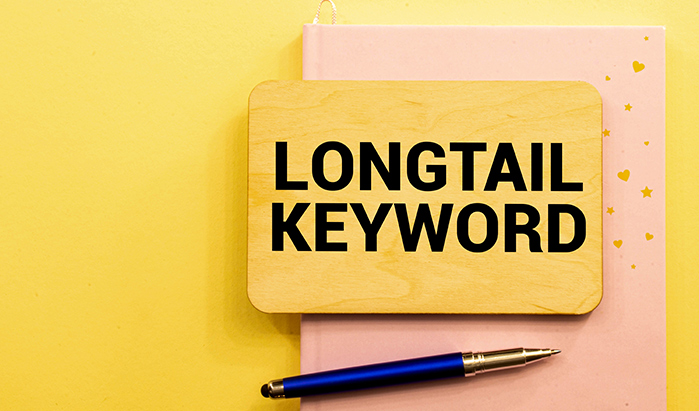


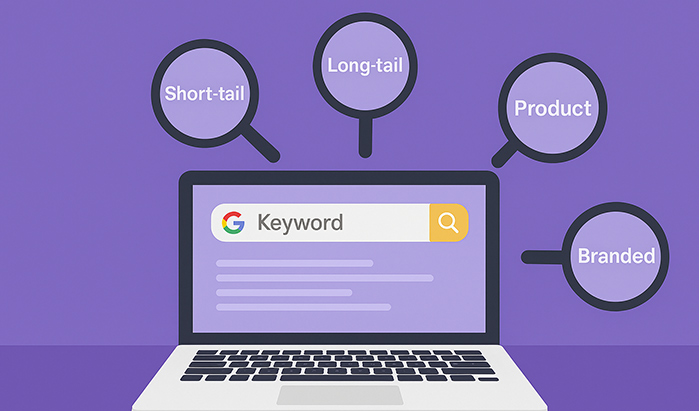


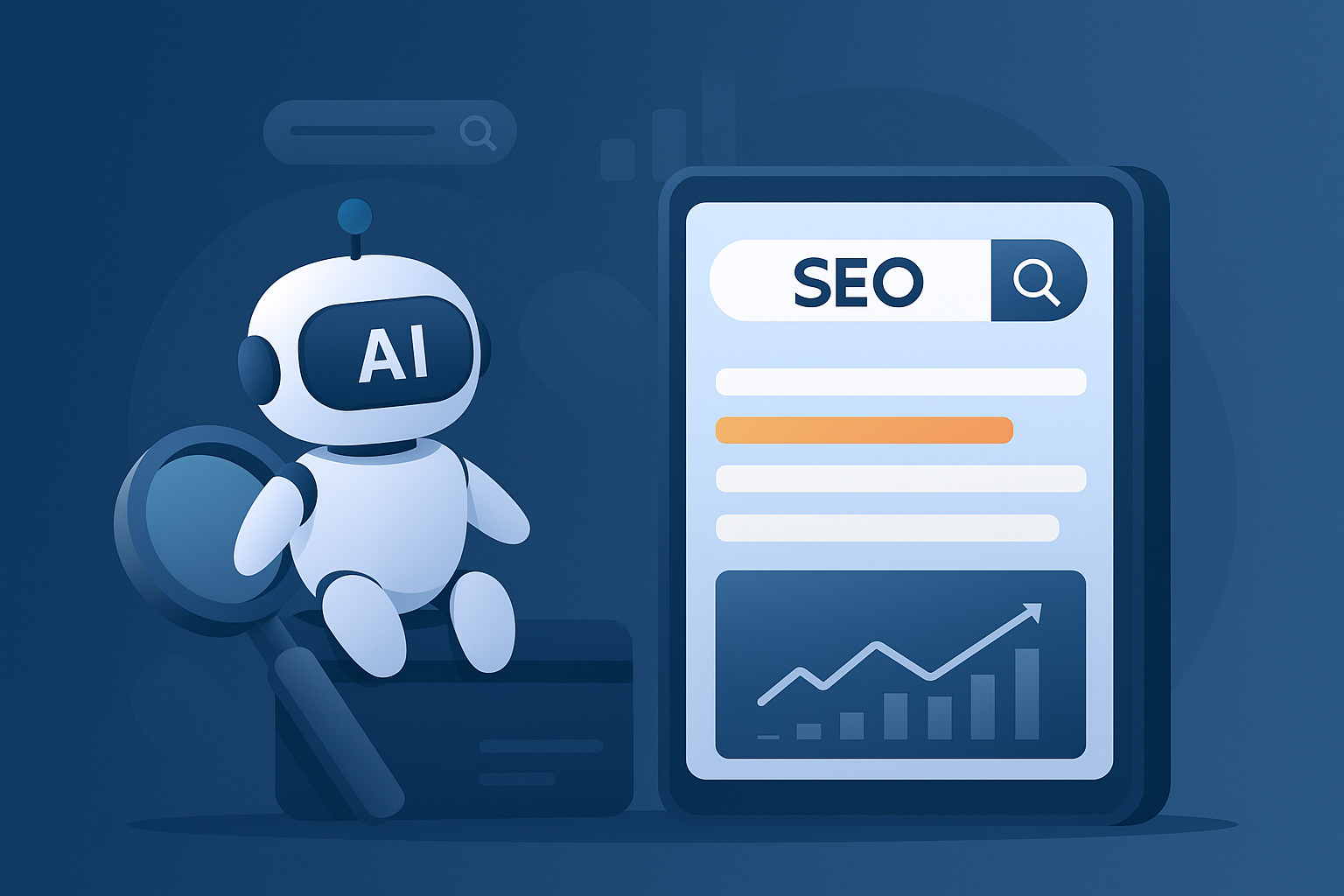


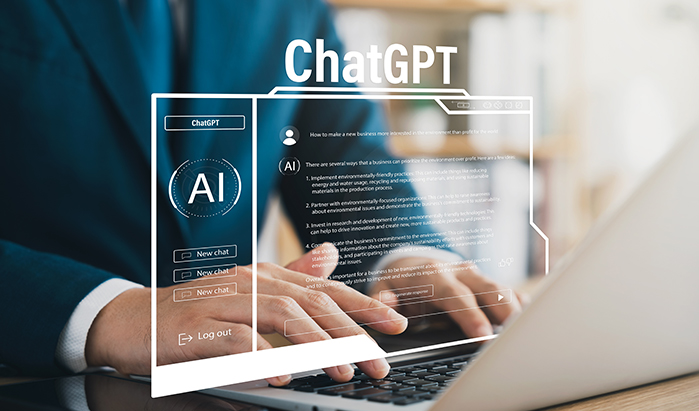


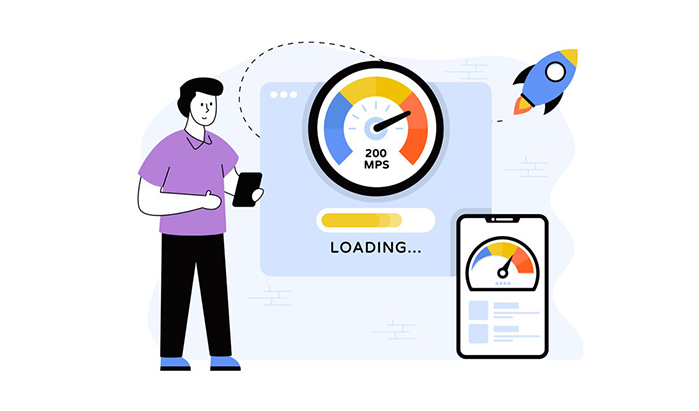


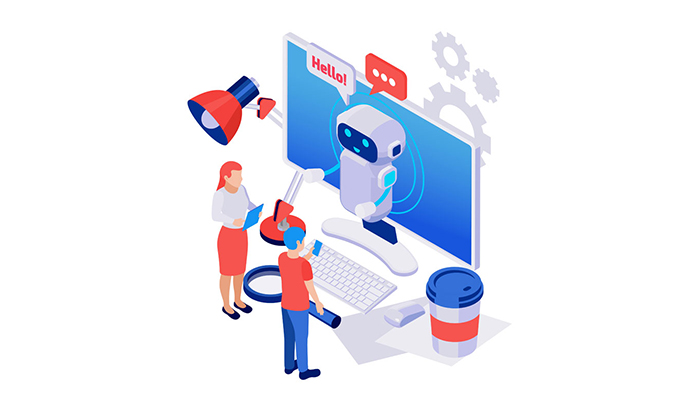













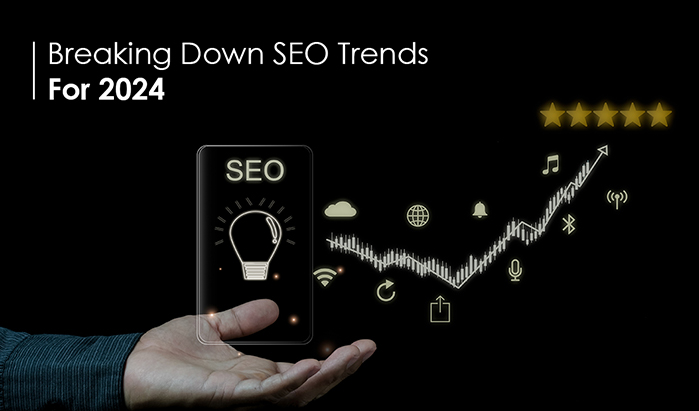




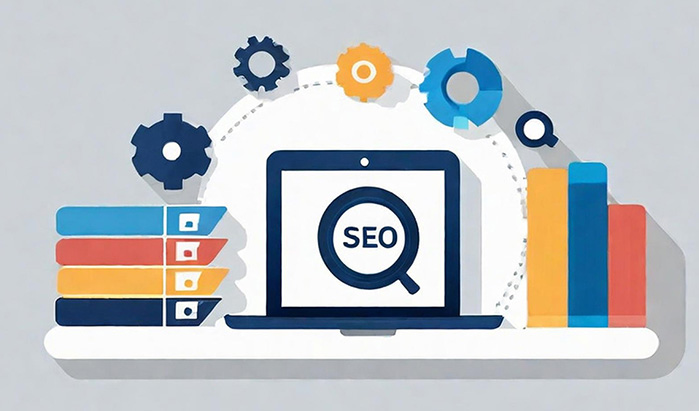






















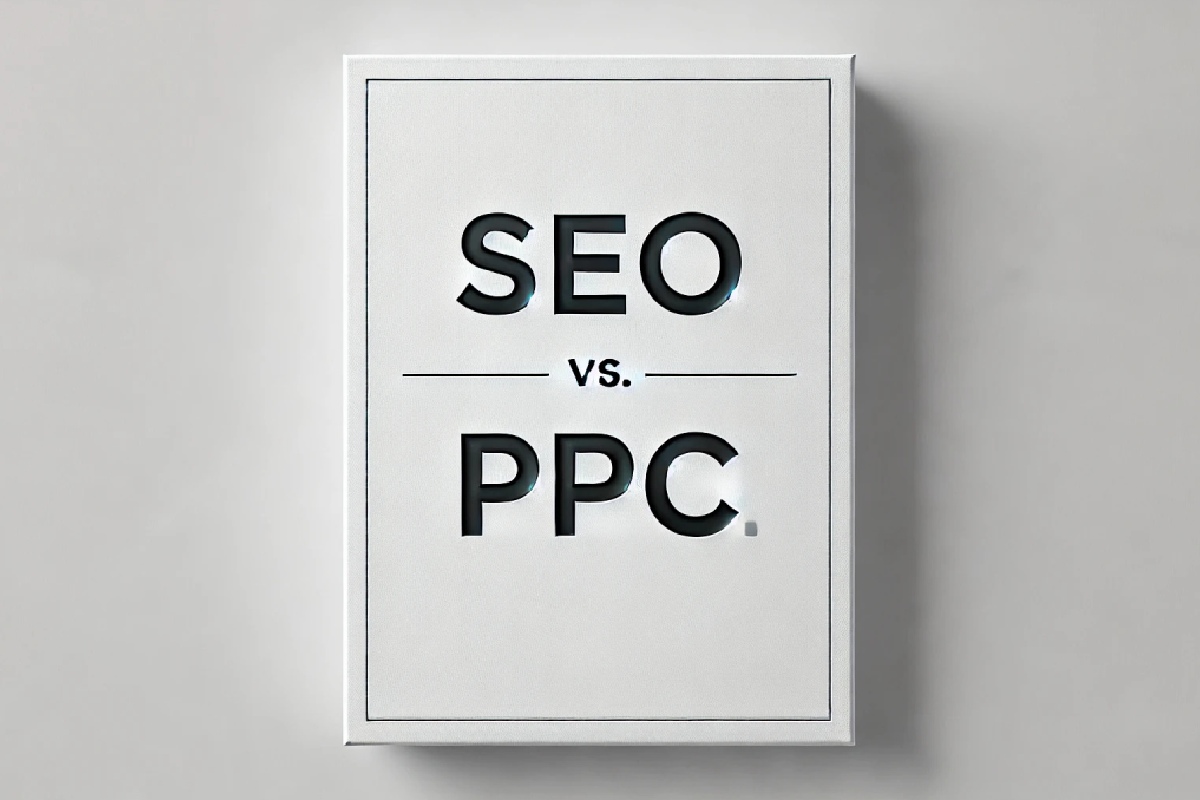







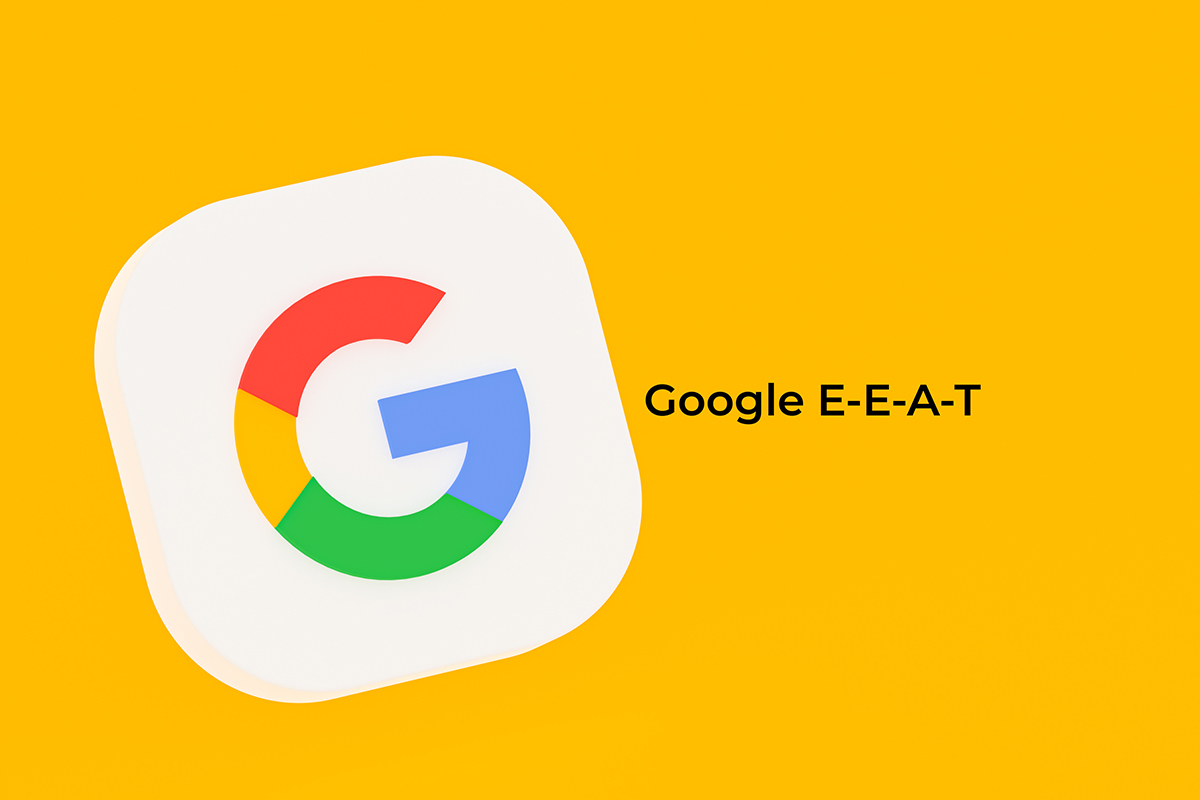

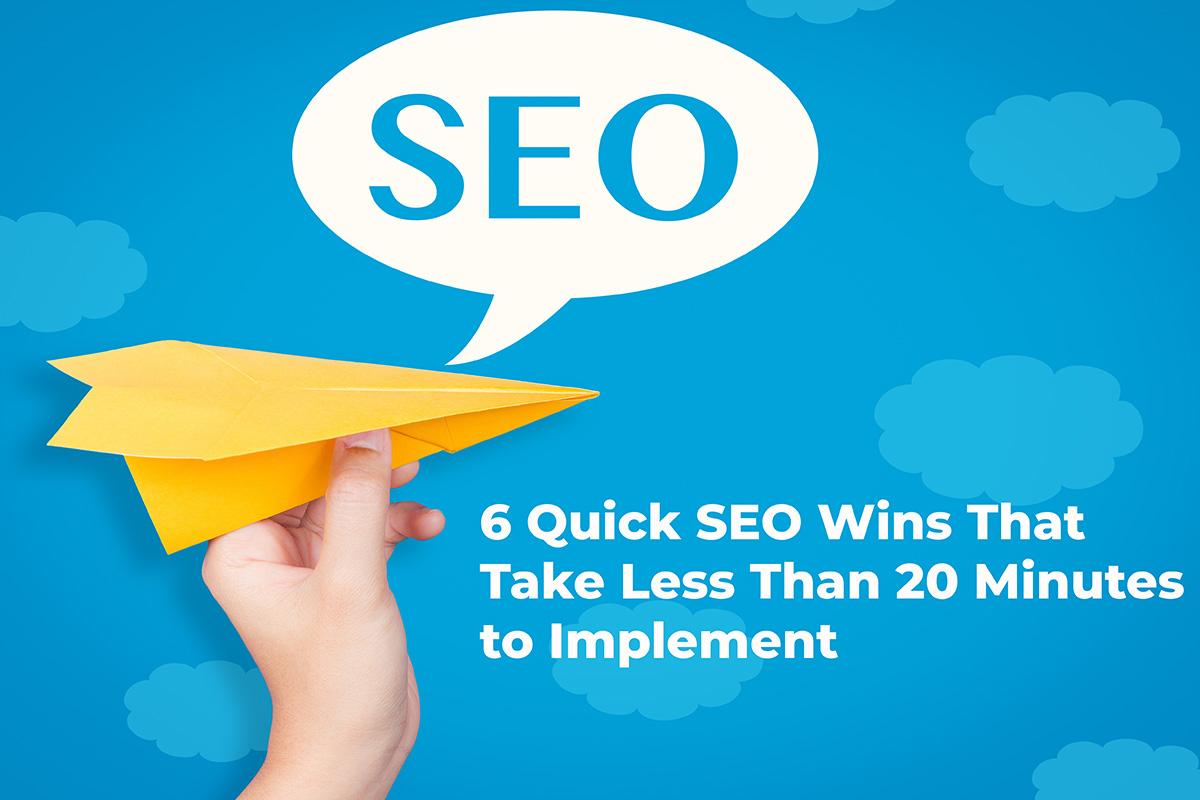












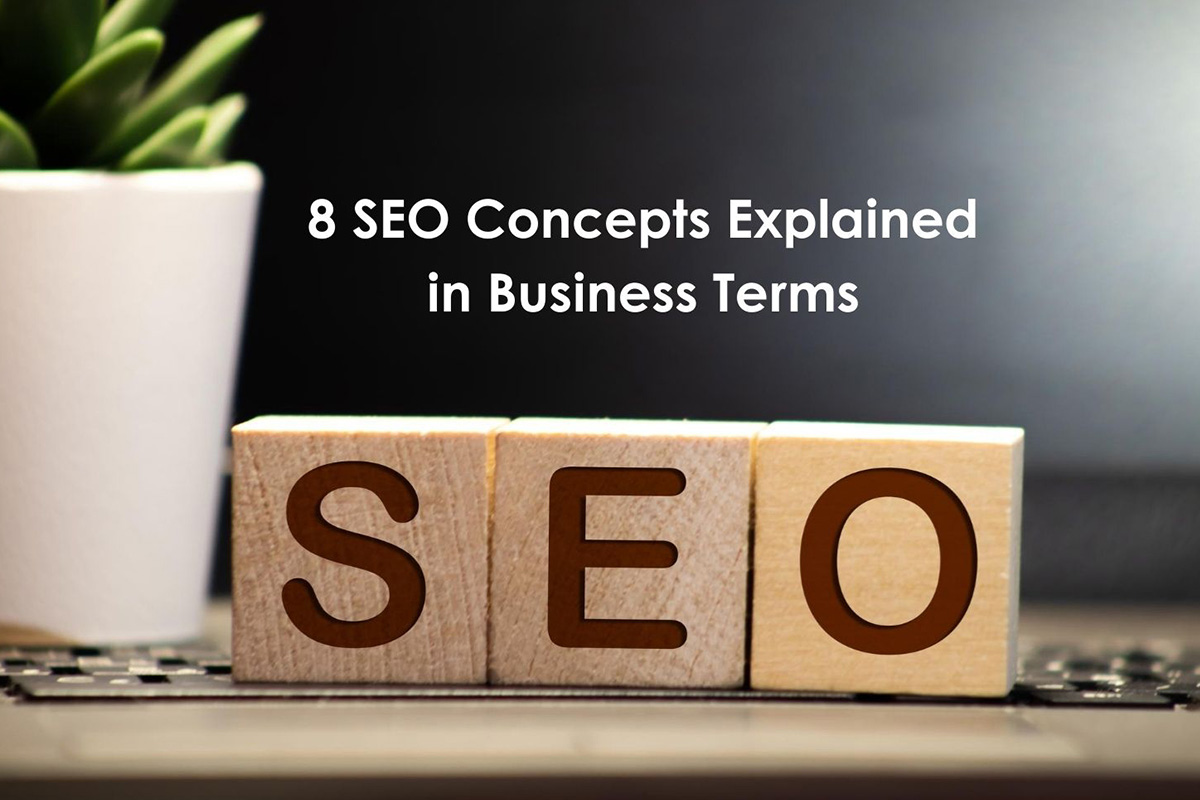



.jpg)
